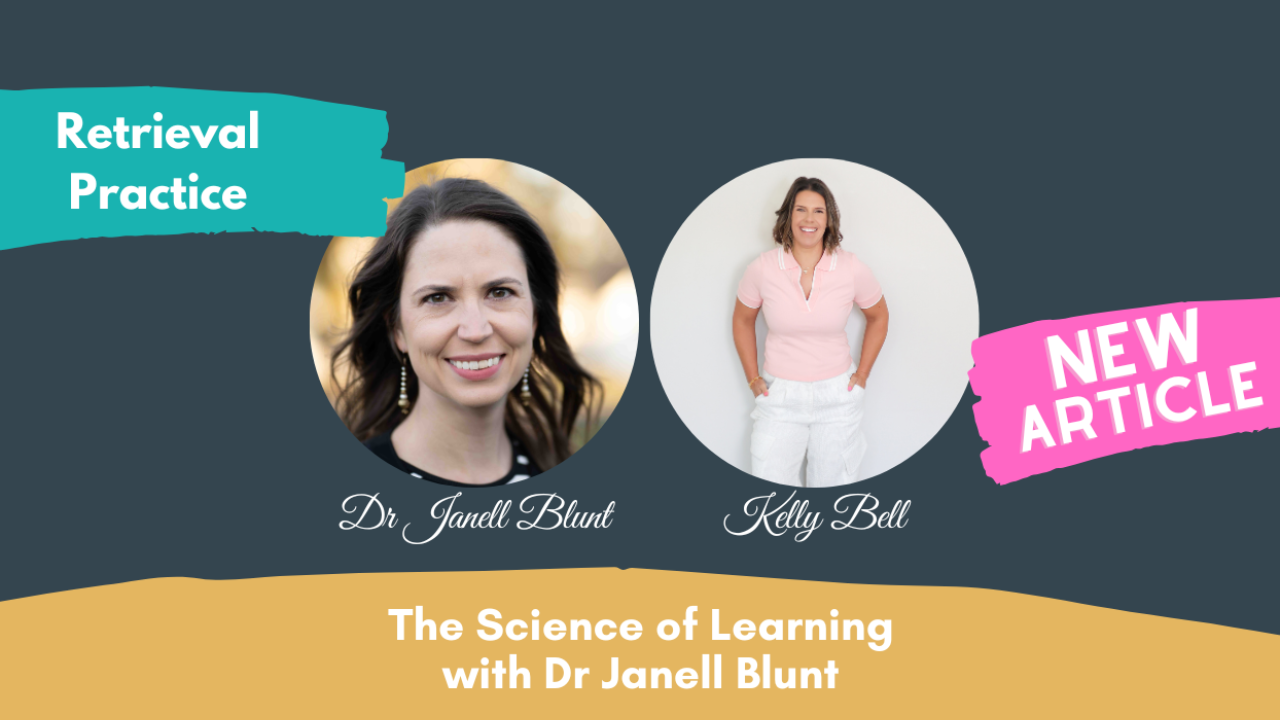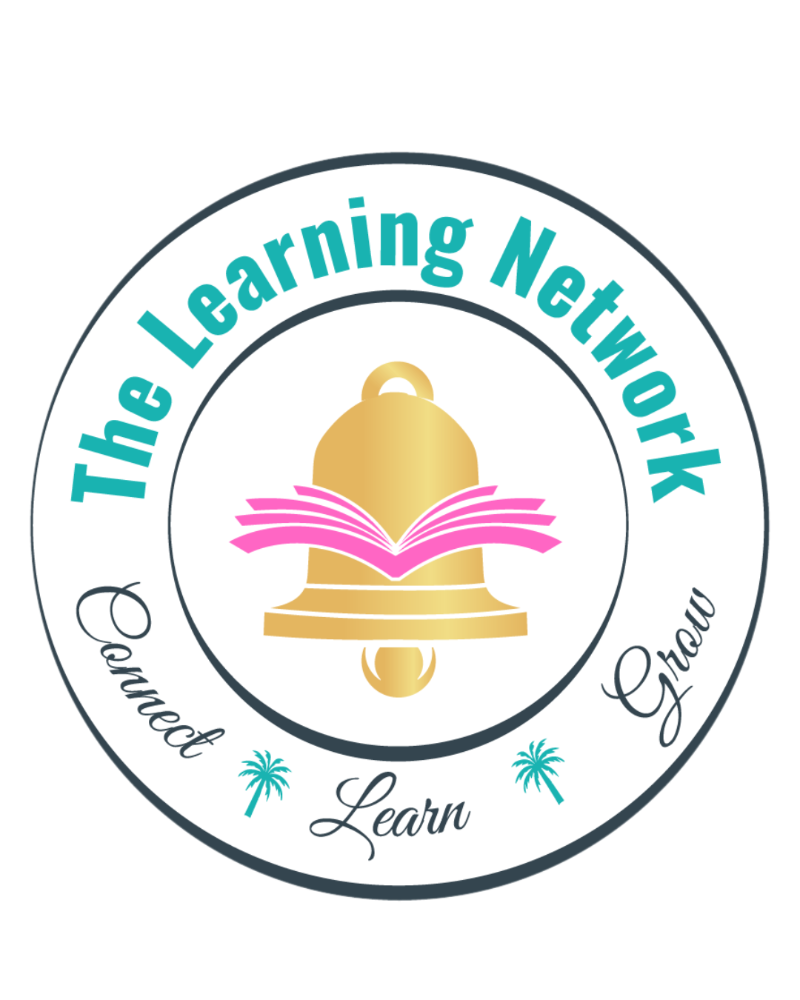The Science of Learning: Why Retrieval Practice Is the Game-Changer You Didn’t Know You Needed in PDHPE, CAFS & Health and Movement Science
Jun 18, 2025
What if the way we’ve been teaching study skills is actually setting our students up to fail?
In Episode #142 of The PDHPE & CAFS Podcast, I sat down with Dr Janell Blunt, an incredible cognitive scientist and educator who’s on a mission to transform how we understand and apply the science of learning. And let me tell you…this episode was full of mic drop moments.
If you’re a teacher preparing students for high-stakes exams like the HSC, or even just wanting to help them engage with content in a deeper, more meaningful way, this is your roadmap.
Let’s Talk About Retrieval Practice
If you’re unfamiliar with the term, retrieval practice is the act of actively recalling information from memory. Instead of rereading notes or highlighting textbooks (which feels productive but isn’t), retrieval is all about getting the brain to work a little harder and in doing so, strengthen neural pathways.
“Retrieval practice is active recall. It's about trying to remember information without looking at your notes, and that’s where real learning happens.” – Dr Janell Blunt
Think of it as exercise for the brain: challenging, repetitive, but essential for growth.
So What Does This Look Like in Practice?
Dr Blunt broke it down into a few ridiculously doable strategies:
-
Mini Whiteboards – A low-cost, high-impact tool. Ask students to write down three key ideas from the past 10 minutes of your lesson. Wipe and repeat. It builds confidence and encourages a culture where making mistakes is okay.
-
Flipped Learning with a Twist – Janell often gets her students to engage with content before class (via short video lectures) so that in-class time is spent on retrieval, discussion and problem-solving… not content delivery.
-
Rapid Retrieval – Start your lessons with a 2-minute retrieval challenge based on any prior content. This jumbled approach is called interleaving and it massively improves long-term memory.
-
The Retrieval Hat – Got two spare minutes at the end of your PDHPE, CAFS or Health and Movement Science class? Have students pull a concept or question from “the hat” to recall and apply. It keeps things light but purposeful.
Why This Matters for PDHPE, CAFS & Health and Movement Science Teachers
We know our subjects are content-heavy. There’s pressure to "get through it all," especially in senior years. But as Dr Blunt pointed out, teaching it once isn't enough. If we’re not revisiting and reinforcing content through retrieval, our students will simply forget it.
I’ve seen it time and time again: students panicking in Term 4 because they’ve “forgotten everything” from Term 1. Retrieval solves that problem. It helps students consolidate their learning in small, consistent ways.
And it’s not about doing more. It's about teaching smarter
What About Reluctant Learners?
One of my favourite takeaways from our chat was how retrieval can even help with disengaged students. It creates quick wins, boosts confidence and encourages participation without the pressure of “being right.”
When students see themselves succeeding in class, even if it's just recalling three key terms, they start to engage more deeply.
Final Thoughts: It’s Time to Rethink Revision
Dr Blunt reminded me that teachers don’t need to overhaul their programs to implement this. Small tweaks = big transformation.
If you want your students to:
-
Actually retain what they’ve learned
-
Feel more confident going into HSC
-
Take ownership of their learning
…then retrieval practice is your secret weapon.
This episode was a timely reminder that effective teaching is equal parts art and science. And as we prepare our PDHPE, CAFS and Health and Movement Science students for assessments, exams and the HSC this is the kind of strategy that can truly lighten the load. For us and for our students.
🎧 Listen to the full episode www.thelearnnet.com/142

